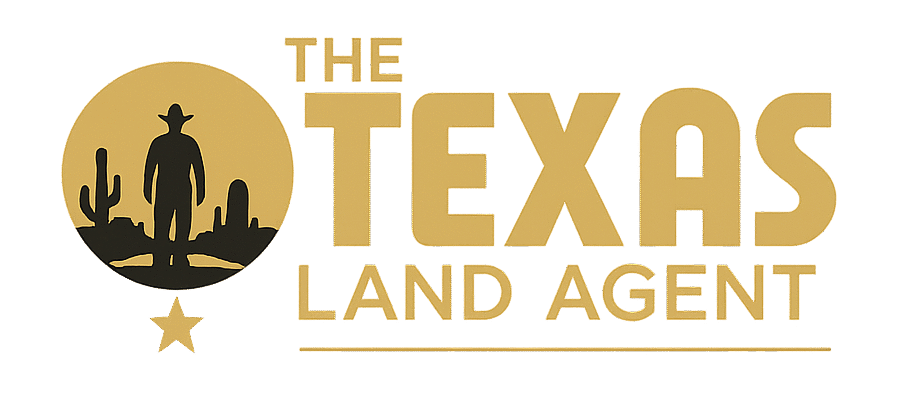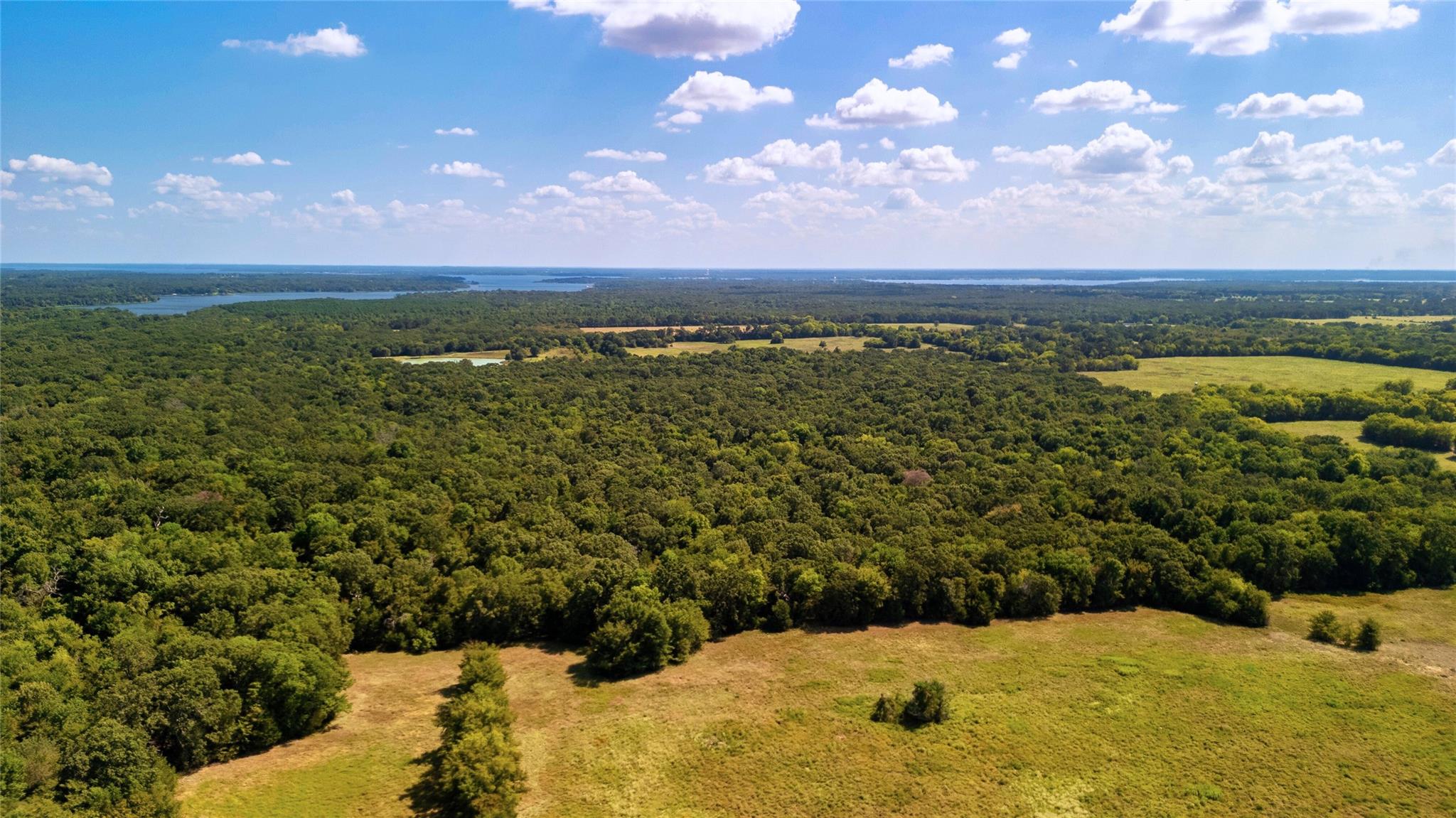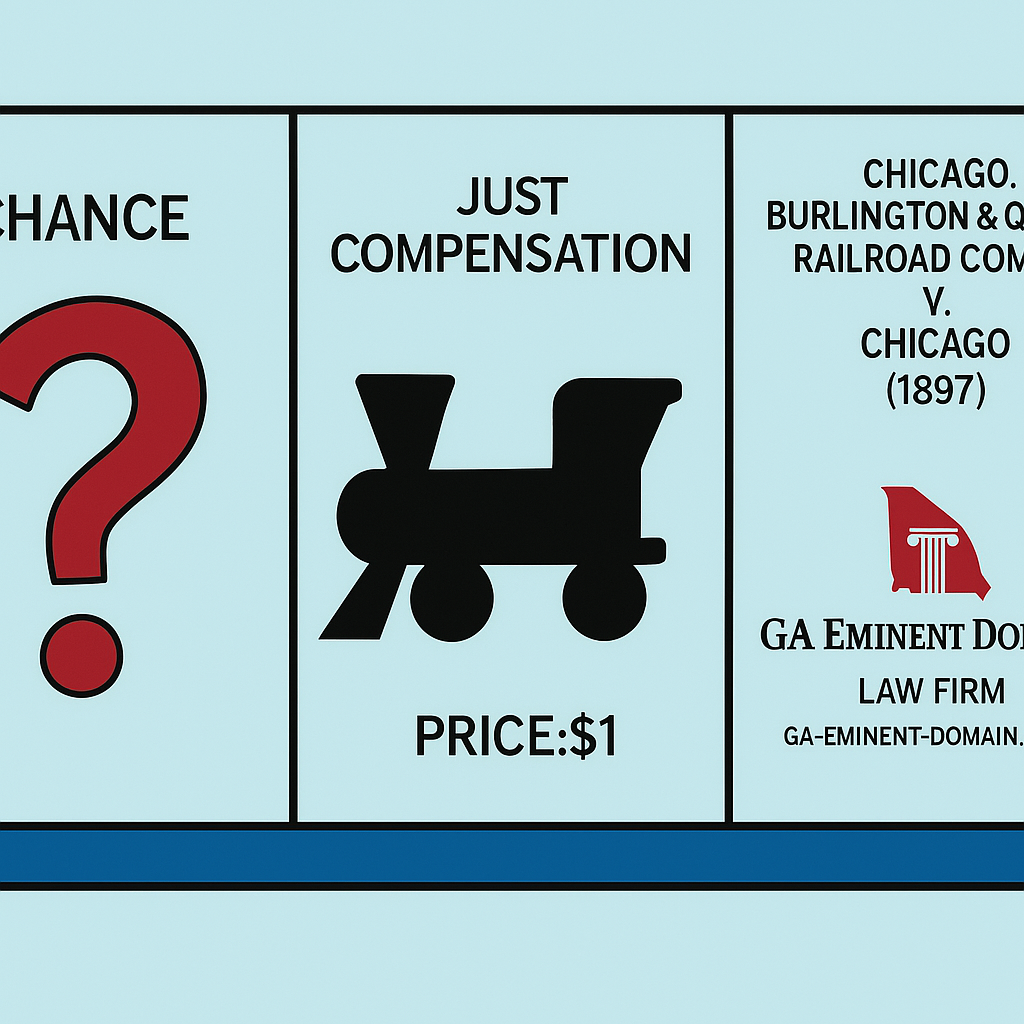Owning landlocked property in Texas can be challenging. Property usability, marketability, and financing become problematic without direct access to public roads. Fortunately, Texas law provides several options to help you establish legal access. In this guide, we’ll walk you through the legal methods to access landlocked property and what steps you can take to resolve this issue. This is not legal advice and you should always consult with a Real Estate Attorney.
What Is Landlocked Property?
Landlocked property refers to a parcel of land without direct access to a public road. This lack of access can arise due to historical property divisions or lack of easements. Without a solution, owners of landlocked parcels may struggle with property use, sale, or development.

Why Resolving Access Matters
Addressing access issues for landlocked property is critical for:
- Usability: Ensuring you can reach your land for personal or commercial use.
- Marketability: Improving property value and making it attractive to buyers.
- Financing: Meeting lender requirements, as most will not finance inaccessible land.
Legal Options to Access Landlocked Property in Texas
1. Express Easements: The Negotiated Solution
An express easement is a written agreement with neighboring landowners granting you the right to cross their property. Key considerations include:
- A clearly defined path.
- Documented terms of use.
- Recorded agreements in county deed records.
Many neighbors may require compensation for granting an easement, but this approach is often the most straightforward solution.
2. Easement by Necessity: Court-Granted Access
Under Texas law, you may qualify for an easement by necessity if:
- The landlocked property and adjacent property were once part of a common tract.
- The necessity for access existed when the tract was divided.
- The easement is essential for reaching your property.
A court can grant this type of easement, ensuring you have the legal right to access your land.
3. Prescriptive Easement: Access Through Long-Term Use
A prescriptive easement can be claimed if you have been using a specific path across another’s property openly, continuously, and without permission for at least ten years. This method requires clear evidence of adverse use and is typically more complex to prove.
4. Easement by Estoppel: Preventing Denial of Access
If a landowner has allowed you to believe you have an easement and you’ve relied on that belief to your detriment, you may qualify for an easement by estoppel. This legal principle prevents the landowner from denying access to your property.
5. Statutory Access Through the Commissioners Court
Texas Transportation Code Section 251.053 allows you to petition the county commissioner’s court to establish a public access road. Here’s how it works:
- File a sworn application.
- Notify affected property owners.
- Attend a hearing.
If approved, a public access road can be created, and neighboring landowners will receive compensation. However, the court is not obligated to grant your request.
Steps to Take When Addressing Landlocked Property Issues
- Consult with Neighbors: Attempt to negotiate an express easement.
- Work with a Real Estate Attorney: An attorney can help you identify legal remedies and navigate complex situations.
- Consider Legal Action: If negotiations fail, seek a court-granted easement or petition for statutory access.
Challenges of Landlocked Properties
Landlocked properties face significant hurdles:
- Title companies may refuse to insure them.
- Buyers may hesitate to invest in inaccessible land.
- Lenders often deny financing for such properties.
Proactively addressing access ensures your property meets legal, financial, and marketable standards.
Final Thoughts on Accessing Landlocked Property in Texas
If you own landlocked property in Texas, understanding your legal rights and options is critical. From negotiating express easements to petitioning for statutory access, several pathways exist to resolve this issue. Always consult with legal professionals to ensure your property rights are protected and your land is accessible.
Looking for more real estate tips? Follow our blog!
Make certain to check out our blog on Understanding Easements … If you are searching for land, make certain not to check out our site and start your search today!




